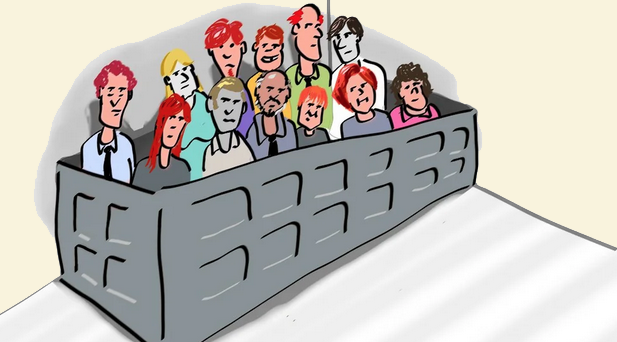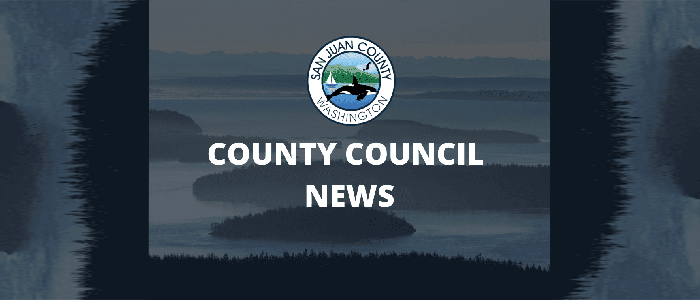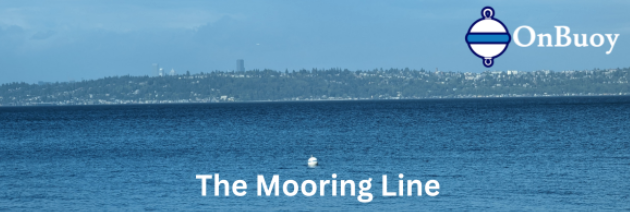— from Emergency Operations Center, Camp Murray —

Newest numbers. As of June 29, the state’s total confirmed cases are 32,824 and total deaths are 1,332. Three counties remain in Phase 1 – Yakima, Benton and Franklin.
For the most recent tally of cases by county, demographics, and more, visit the Department of Health’s dashboard and the state’s COVID-19 risk assessment dashboard.
Health officials ask Washingtonians to stay local and limit travel plans. Amid rising COVID-19 cases within the state and the country, Washington state health officials are encouraging Washingtonians to limit their summer travel plans and stay close to home to slow the spread of the virus. Read DOH’s release here.
Inslee issues and extends COVID-19 response proclamations for transportation improvement plans and tribal fuel tax refund restrictions. Gov. Jay Inslee issued a new proclamation designed to help cities and towns continue adopting comprehensive transportation improvement plans amid municipal resource and revenue shortages due to COVID-19. This proclamation goes into effect June 30, 2020 and expires on July 30, 2020.
Inslee also extended a proclamation waiving and suspending provisions in agreements between the state and tribes that restrict the use of fuel tax refunds to highway or transportation purposes. The proclamation, which went into effect on May 28, expired June 27. The legislature extended it until July 1, 2020. The governor has requested further extension.
Inslee announces funding for rent assistance, tribal recovery efforts, small businesses and non-profits. Gov. Jay Inslee announced today the state has distributed $365 million in federal funds this week to help with COVID-19 in the state of Washington including $351 million from the CARES Act fund and $13.5 million from FEMA. To date, the state had distributed more than $950 million in federal COVID-19 relief and federal response funds.
This week’s distributions include $163 million to the state Department of Commerce to help populations hit hardest by the pandemic, including:
- $100 million to give low-income renters at risk of becoming homeless rental assistance by using an existing framework that sends payments directly to landlords;
- $20 million to provide grants to small businesses, support local economic development organizations that give assistance to businesses and support data-driven recovery plans by region and industry;
- $20 million to provide operating grants for non-profit organizations that are working to address disparities and inequities exacerbated by increased need and funding shortfalls due to COVID-19, many of which include community and youth development programs;
- $20 million to help tribes with pandemic recovery efforts.
Preparedness expert: we need to rely on each other. A small neighborhood in Bellingham decided to do a competition. As a group, the neighbors decided they wanted to limit unnecessary trips to the store. So they decided to compete to see which household could go the longest without stepping foot into a store. If a household had to do a trip, then the whole family danced in the street to show the neighbors they lost. What happened next was an example of how neighbors need to help neighbors during any kind of disaster. Read the full story.
**If you are reading theOrcasonian for free, thank your fellow islanders. If you would like to support theOrcasonian CLICK HERE to set your modestly-priced, voluntary subscription. Otherwise, no worries; we’re happy to share with you.**








